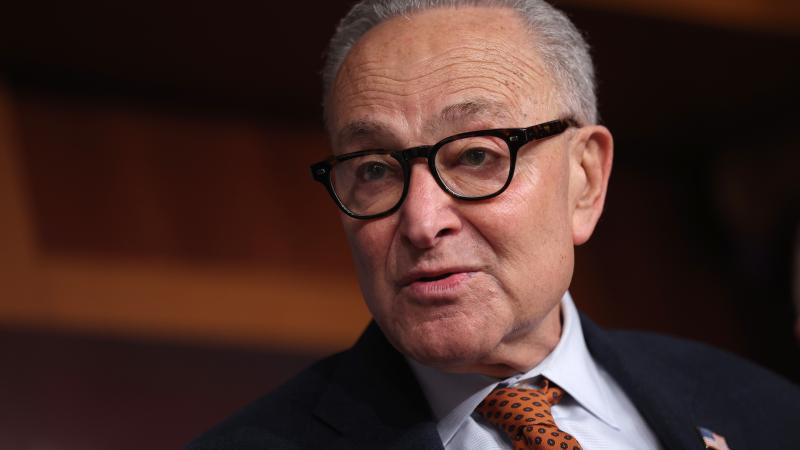Colorado Democratic party head demands reform after string of post-election lawmaker exits
Resigning after an election allows local party members to select a new lawmaker without an expensive campaign.
The head of Colorado's ruling party is calling for reforms to the state's laws after two newly elected state lawmakers announced they're resigning.
The resignations come weeks after incumbent Sens. Janet Buckner and Chris Hansen won their reelection bids.
Hansen, a Denver Democrat, was announced by La Plata Electric Company as its new CEO shortly after the election. Buckner announced after she won her election that she would resign to focus on her health.
Sen. Kevin Van Winkle, a Highlands Ranch Republican, won his race for the Douglas County Board of County Commissioners. He's yet to announce his resignation.
The electoral maneuvers led to Shad Murib, head of Colorado's Democratic Party, to call for a change.
"(T)he growing number of senators and representatives of both parties serving in office as a result of vacancy committee selections and not traditional elections should concern every Coloradan, and it certainly concerns me," Murib said in a statement posted to X by Newsline. "Regardless of the high standards we place on ourselves to run as great a vacancy committee process as allows, the fact remains that vacancy committees are small and don't provide for the same type of public input and scrutiny as a traditional election."
Murib added that vacancies have sometimes preempted primary campaigns that allow voters to choose their party's nominee without an incumbent front-runner.
He said the state should consider special elections or other reforms to the process of replacing lawmakers.
"Speculation that lawmakers strategize their resignations to hand-pick their replacements, or climb the ladder of elected office, is also a growing sentiment among the public," he said.
Colorado isn't alone in dealing with this issue of sudden post-election resignations. It's common for incumbent lawmakers to win easy reelection as compared to a new candidate who must fight for name recognition and run without a track record of legislative success. Resigning after an election allows local party members to select a new lawmaker without an expensive campaign, allowing the favored candidate to enter the next election with the power of incumbency.















